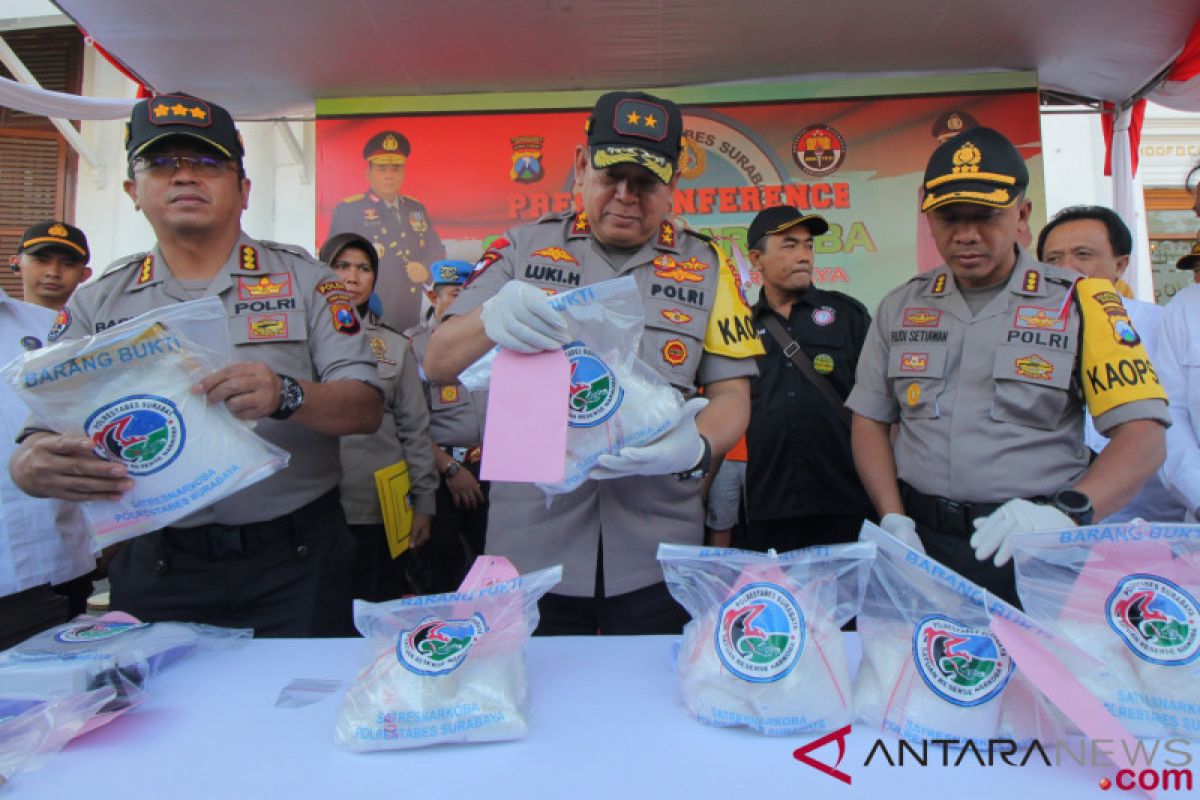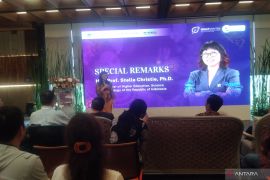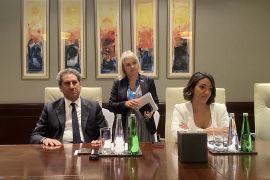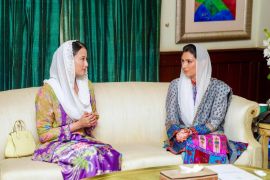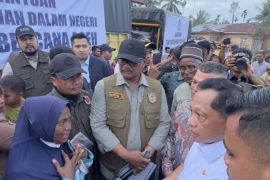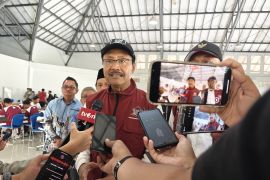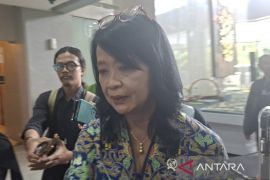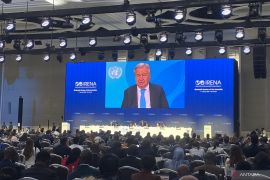The two suspects, identified as Chia Kim Hwa and Henry Lau Kie Lee, were arrested on October 19, 2018 in Surabaya, the capital city of East Java Province, he told local journalists.
"They belong to a transnational drug ring. The two suspects came to Surabaya on an Air Asia aircraft, which departed Malaysia at 09.00 am Malaysian time and arrived at the city`s Juanda International Airport at 11.00 am local time," he said.
From the airport`s arrival terminal, the two suspects then went to a hotel in Surabaya by taxi. Shortly after arriving at the hotel, local policemen nabbed them, along with 1.05 kg of crystal meth, popularly called "sabu-sabu", he said.
The two Malaysian nationals intended to sell the illegal drugs in the East Java provincial areas, Luki Hermawan said, adding that police investigators are still seeking to learn how the Malaysians boarded the aircraft while carrying crystal meth.
"How can the two suspects not be detected when entering and exiting the airport? Therefore, we are coordinating with the state-owned airport operator, Angkasa Pura I, to tighten security to prevent passengers with drugs from escaping," he said.
The police investigators are set to probe into this case in order to learn about the suspects` drug rings in Indonesia, he added.
Malaysia has constantly been monitored, following a crackdown by Indonesian law enforcement officers on transnational drug traffickers, during which several of their couriers confessed to carrying crystal meth from neighboring country.
Recurring cases of drug smuggling, in which arrested traffickers have frequently confessed to Malaysia`s involvement, comes as no surprise to Indonesian officials.
Indonesia has repeatedly lodged protests with Malaysia over the influx of drugs, smuggled from the neighboring country into Indonesian territory.
Hence, Deputy of the National Narcotics Agency (BNN) Drug Control Inspector General Arman Depari has also questioned Malaysia`s commitment and capability in combating this sort of transnational crime in the Southeast Asian region.
"My conclusion is that, perhaps, the Malaysian law enforcers are not capable of, or lack the commitment, to fighting drug abuse," he remarked at an event held in Pekanbaru, Riau Province, last year.
This reality seems to remain a paradox within the Association of Southeast Asian Nations (ASEAN), as the member countries had also signed the Joint Declaration for a Drug-free ASEAN by 2020.
Reporting by Slamet Agus Sudarmojo/ Hanif Nashrullah
Reporter: Rahmad Nasution
Editor: Otniel Tamindael
Copyright © ANTARA 2018
